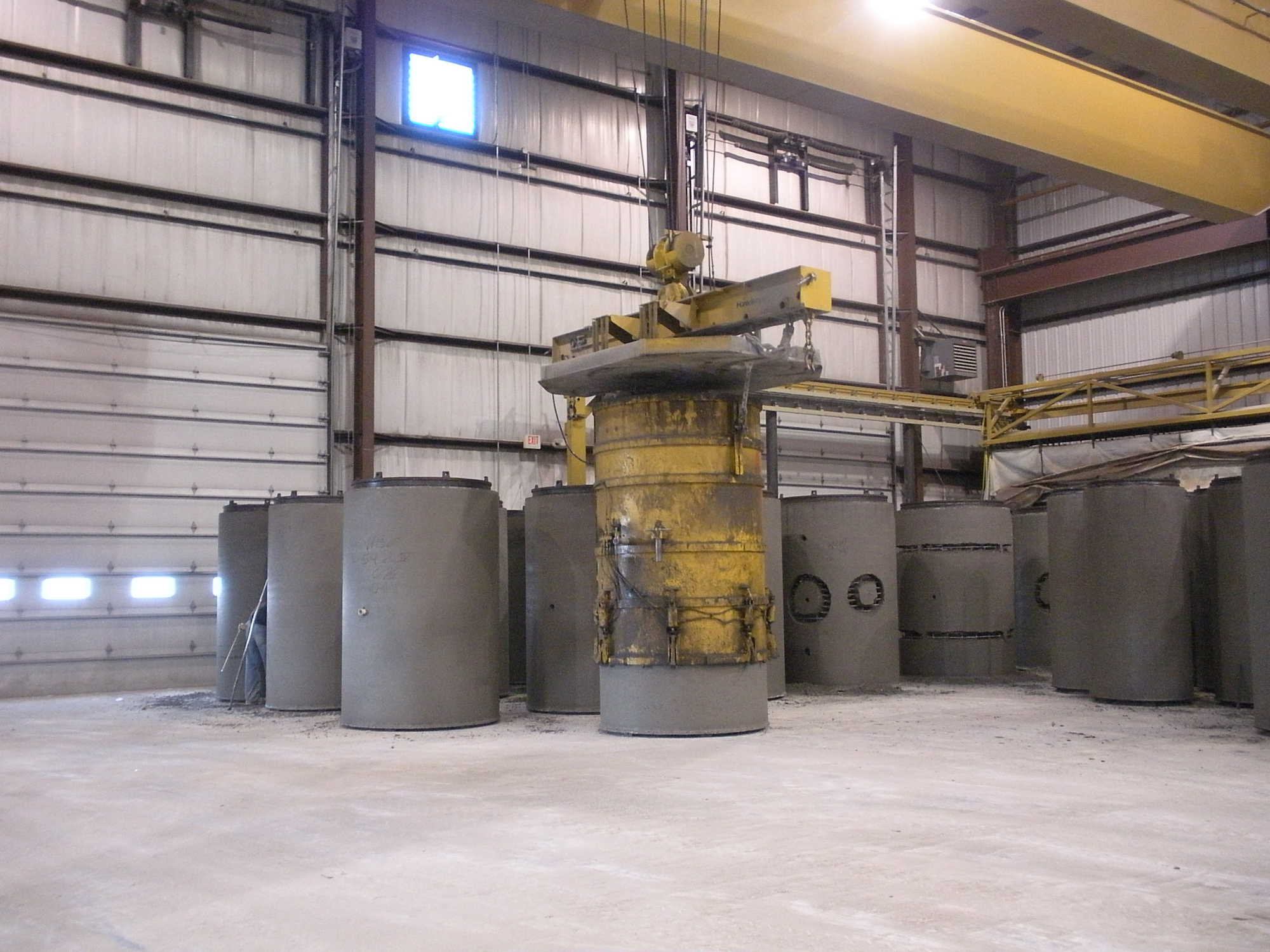Today I read a story about a massive hole in the road in a community in New York that has not been repaired for a month. Even though at first glance this might seem an excessive amount of time to neglect repairing a hole in the road, I can certainly understand the delay after reading the entire story. It seems to be a clear case of too many government agencies/bodies having jurisdiction over a common area without a clear understanding or agreement of responsibilities. Unfortunately for the public and the governments dealing with the problem (because many dealing with it are not the ones responsible for the setup), this sort of thing seems to happen too frequently all over.
In this case, it appears that the roadway with the damage is located within a village, but the actual roadway is under the county jurisdiction or control. This is a very common situation. Then the water line installed under the road appears to be owned by a city. So when the water line broke and damaged the pavement, the city was deemed responsible for the repairs. But it appears this took quite some time for everyone to figure this out.
In the last city where I worked, we had similar issues along some roadways that were located between our city and the neighboring city. In one particular area of a road, there were three jurisdictions involved: our city, the neighboring city, and the county. At one point the state even had jurisdiction in the same location. So when an accident occurred, law enforcement from each of the four agencies would have a conversation over who would respond. Most of the time, they decided based on which direction one of the cars was traveling. Can you imagine this happening with each accident prior to anyone responding or taking a report?
So how can these types of situations be improved or avoided? My first thought was always try to minimize the jurisdictions involved. We had another situation come up where a road was going to end up between two communities with again the county and the state being involved. I desperately tried to convince everyone to arrange to have only one government body responsible for the area (remembering the other location), but no one seemed to understand the benefit of doing so and allowed another poorly organized arrangement to go through.
Why? Because in the end, the county, state, or other city did not want to give up any control. But more importantly because the decision makers involved were not the ones who would be receiving the phone calls for accidents, traffic signal failures, road maintenance. They still would have jurisdiction over decisions in this area, but knew our city would be the one typically called to handle any problems.
My next thought is where these types of arrangements are unavoidable, such as in the case of utility easements, an agreement should be prepared stating everyone’s responsibilities. Better yet, place this online somewhere for everyone to see and make sure if you have turnover in your department, these agreements are obvious to those taking over.
In my own frustrating case above, were any agreements drawn up to cover these issues for this area? No, so this will also be an area where the pavement falls apart and accidents occur, and the public will again wonder why government never responds in a timely manner. Never really knowing that all this could have been avoided with some planning, cooperation, and clear understanding and acceptance of responsibilities.



A common problem, indeed. I see these jurisdictional issues a lot in New Jersey, and it’s all political. Think of it like a hot potato; no one wants to touch it or take responsibility for an area that falls in the Bermuda Triangle of multi-jurisdictions. The elected officials certainly do not want to make any proclamations to that effect if it will be detrimental to their community.
I agree that legal documents would be beneficial for official easements areas. By placing it online, there’s accountability and ultimately “no excuses” for non-compliance. Problem is, not many municipalities (at least in NJ) have decent websites, or for that matter, a website at all.
Justin
I agree that most of the time this sort of arrangement is a direct result of politics. As you said, another good case for why this type of information should be placed online.
Do you ever wonder if the cities with lower quality Web sites just aren’t sure of what they should be doing online? A friend of mine and I have been talking about creating a guidebook that would help cities put together a social media effort, but maybe we should also think of including guidance on a basic Web site.
I think the major problem is that municipalities do not see the value of maintaining a website. And social media, that’s a pipe dream for some! I was recently speaking with a colleague with whom I went to graduate school (he works as a planner for a small town), and he said that the Business Administrator does not see the value of a website because “it’s small community.” To me, that statement is ludicrous, considering the size of the municipality should not matter from a public informational standpoint.
In 2009, there’s an expectation that govt is on the web. It seems like everyone has a personal blog or website, from the 12 year old kid to the small business operator. In fact, everyone had a web presence YEARS ago! Why is government so different?
I like your idea of a social media guidebook, but perhaps the first few chapters should be dedicated to instituting and maintaining a website. I’d be interested and happy to collaborate with you and your friend.